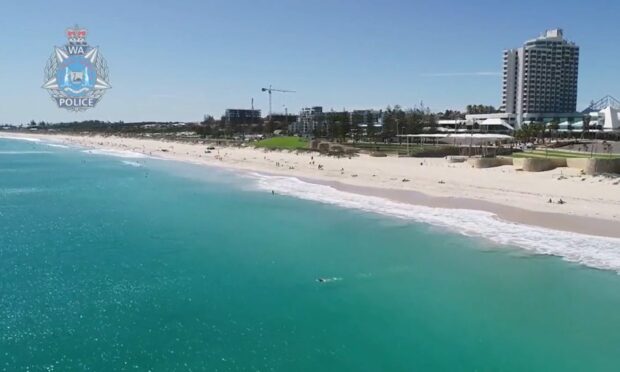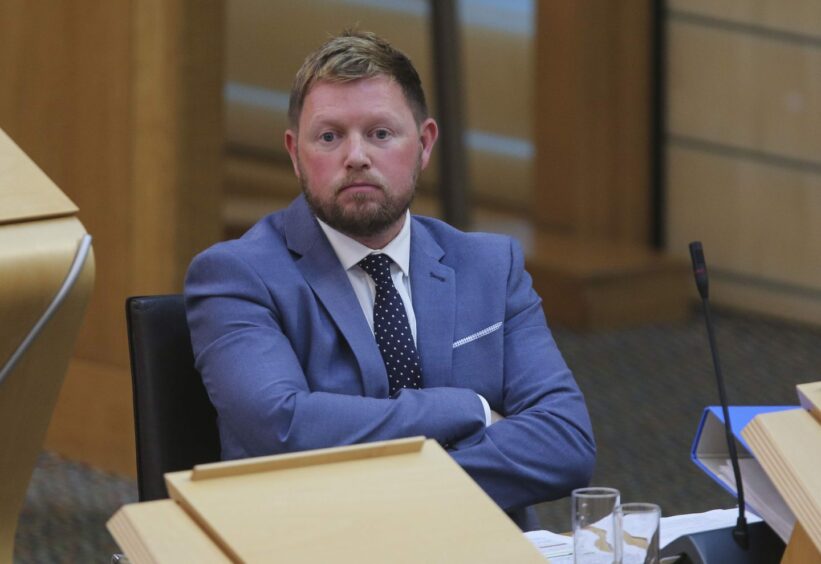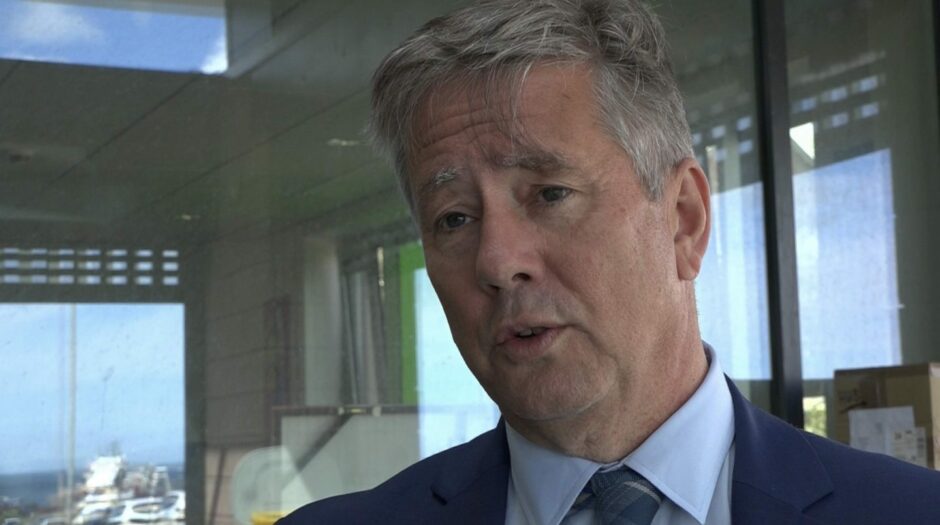Dozens of Scots have applied to join an Australian police force after it launched an attractive sunshine and seaside-themed recruitment advert – but fears of a mass exodus are being dismissed.
Recruiters abroad have received 40 applications from Scotland as the Western Australia Police Force tries to fill 950 vacancies for frontline officers.
Successful applicants will be paid much more for doing the same job Down Under and are promised a “fast track towards citizenship over time”.
But Scottish Police Federation Chair David Hamilton has warned that “sometimes the grass isn’t greener on the other side”.
He told the Press and Journal: “One colleague who went to Australia was promised sandy beaches and the beach life.
“But they ended up working in a very difficult neighbourhood, policing among a lot of penguins in an almost subarctic environment.”
Watch the recruitment video:
WAPOL, as it’s colloquially known, is responsible for policing the world’s largest single police jurisdiction and is headquartered in Perth, the state’s capital.
Entry-level police officers in Western Australia start on the equivalent salary of £32,610 when they begin training.
But in Scotland, the salary right at the start of a constable’s career is £28,074, over £4,000 less.
And within five years of service, the two countries’ police earnings are almost £9,000 apart, with Western Australia police pay still significantly in the lead.
Almost 400 UK applicants, 75% of them in England, have responded to WAPOL’s recruitment drive which is also appealing to the Republic of Ireland and New Zealand.
But David Hamilton has dismissed fears over a mass migration of talent from Scotland.
“I don’t think it’s a huge threat”, he said. “I think 40 officers is not a good position but not all of them will go. Experience would suggest that not all of them will stay.
“We see invitations to join other forces abroad periodically but a lot of people who try it decide it’s not for them.
‘Morale issues’
Commenting on the interest the recruitment appeal has sparked so far, he added: “It’s perhaps indicative of the morale issues that we’re facing in the service just now.
“The workforce faces a lot of financial pressures and is very much concerned for their future with the proposed budget cuts.
“Our advice to any officer is to be very careful about what they wish for. Sometimes the grass isn’t greener on the other side.
“I would just encourage everyone to think very carefully before leaving the service on the back of an advert.”
A previous recruitment advert:
Jamie Greene, justice spokesperson for the Scottish Conservatives, said WAPOL’s attractive employment package should be a warning for Scottish ministers.
He said: “This news should set alarm bells ringing for [Justice Secretary] Keith Brown and the SNP [Scottish Government].
“Their failures to fully fund frontline policing services has led to officer numbers already hitting their lowest levels since 2008.
“Now the SNP run the risk of losing more talented and hardworking officers to the other side of the world as they plan to impose more terrifying cuts on our police.
“Losing more officers will only put more strain on their overwhelmed colleagues and put public safety at risk.
“Keith Brown cannot continue to ignore these warnings that Scottish police officers are currently finding alternative offers more attractive, and urgently reverse his plans to cut police funding even more.”
However, Justice Secretary Keith Brown said salaries at Police Scotland have remained competitive.
“Police officers play a vital and valued role and we have recognised that by ensuring they are the best paid in the UK”, he said.
“The basic starting salary of a constable is higher in Scotland than in England and Wales – as is the maximum salary.
“Despite UK Government austerity, we have increased police funding year-on-year since 2016-17 and have invested more than £10 billion in policing since the creation of Police Scotland in 2013.
“Police Scotland has welcomed around 900 new recruits this year and we have a higher number of officers per head of population than England and Wales and more officers now than in March 2007.”


